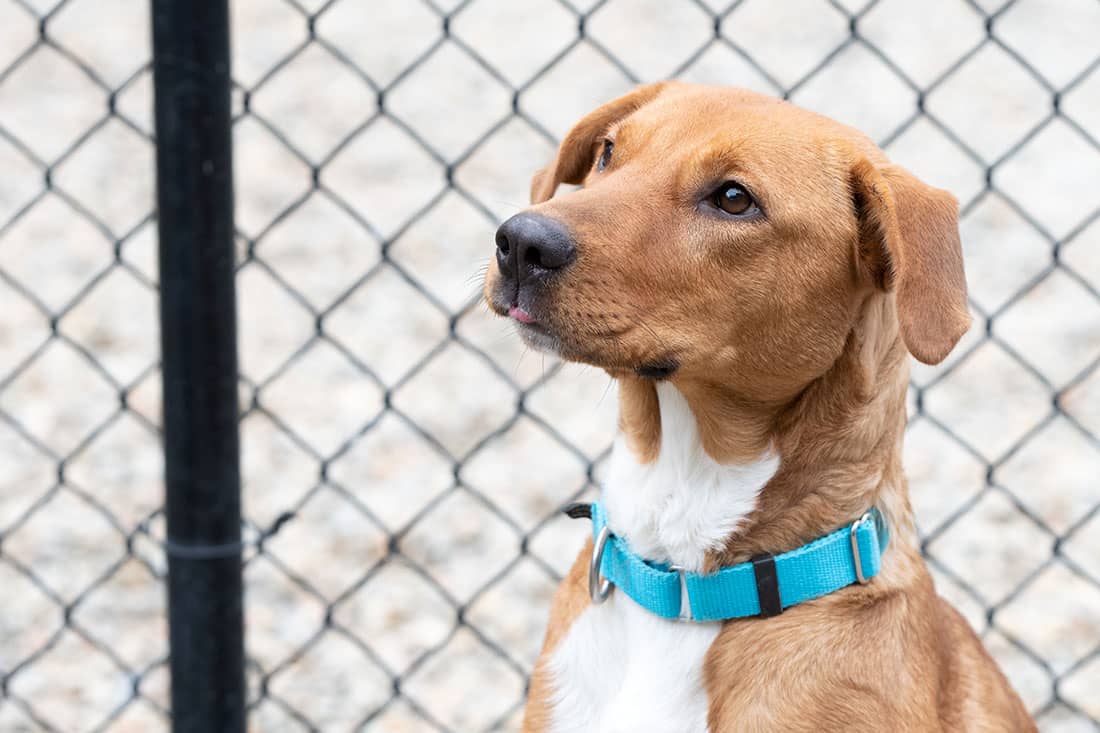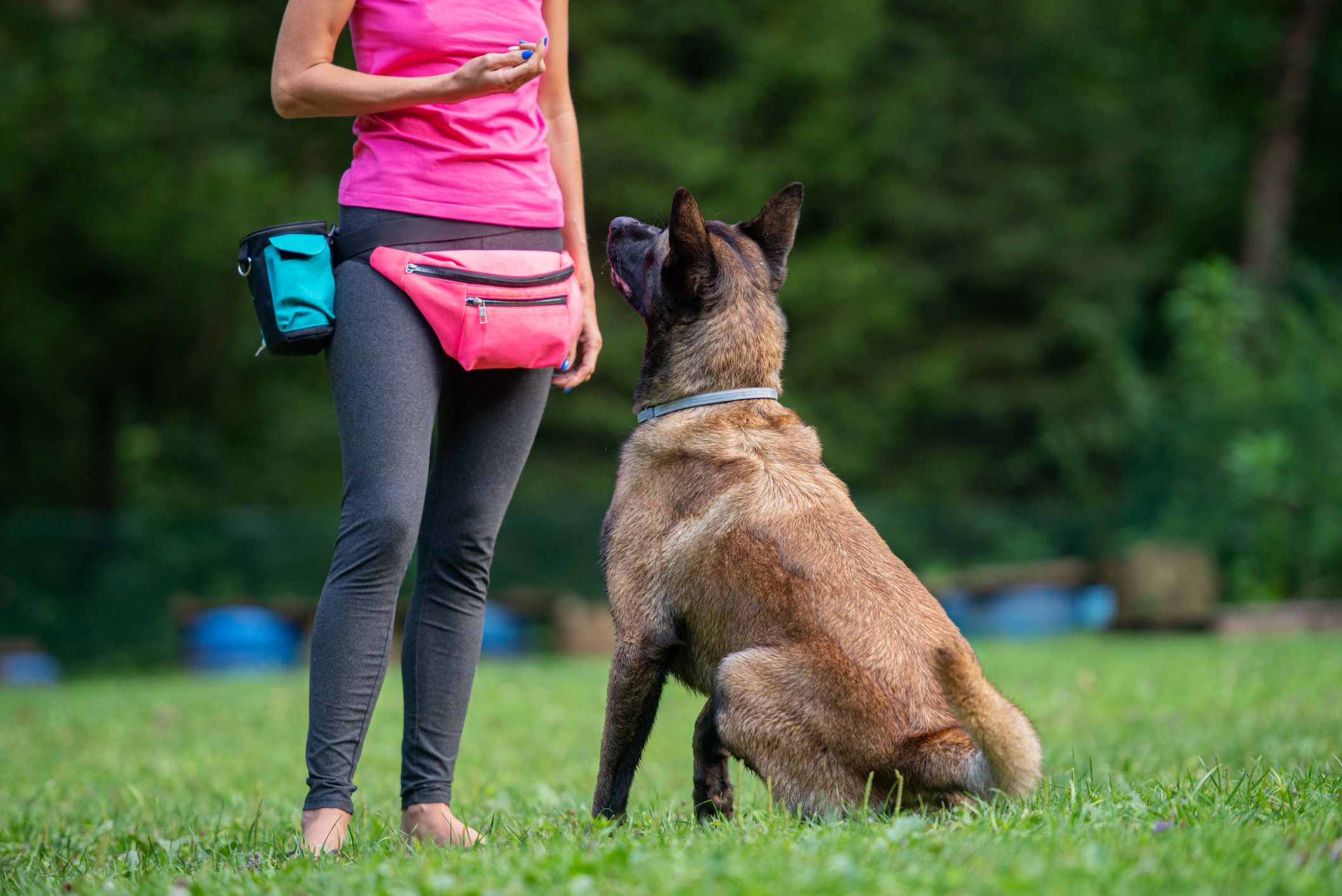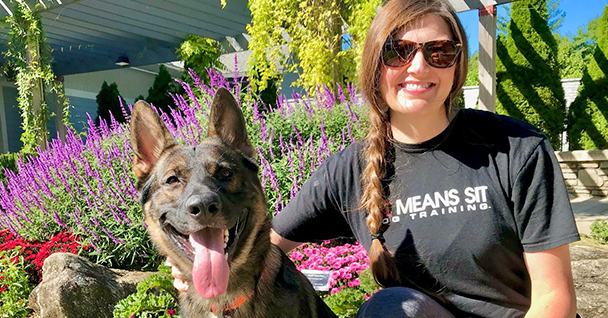Fun Tasks to Boost Your Dog Training Experience
Fun Tasks to Boost Your Dog Training Experience
Blog Article
Necessary Tips for Successful Dog Training: A Guide for Animal Owners
Efficient canine training is a complex process that needs a calculated method tailored to both the pet dog's personality and the proprietor's purposes. Secret parts such as establishing constant commands, utilizing positive support, and assisting in early socialization play essential roles in cultivating a well-adjusted canine buddy. Nevertheless, numerous pet dog owners encounter difficulties that can hinder development, bring about disappointment and unpredictability. Comprehending how to navigate these barriers can substantially enhance the training experience, ultimately transforming the connection in between owner and pet dog. What are the essential strategies that can be used to make sure success in this venture?
Understanding Canine Habits
Understanding pet dog behavior is important for reliable training and cultivating an unified connection in between canines and their proprietors. dog training. Canines interact largely through body language, vocalizations, and actions, making it important for owners to interpret these signals accurately.

Socialization plays a considerable function in pet dog behavior; exposure to numerous atmospheres, people, and various other pets can dramatically impact a dog's personality. Factors such as breed features and private temperament should lead training methods, as some types may have details behavioral traits that necessitate tailored strategies. By recognizing these aspects, proprietors can produce a supportive setting that motivates favorable behavior, causing effective training results and a much deeper bond with their family pets.
Establishing Regular Commands
Effective interaction with your pet starts with establishing consistent commands. This foundational aspect of training is important for cultivating understanding between you and your pet. Consistency in the commands you make use of guarantees that your pet can accurately link particular words or phrases with the desired actions.
When choosing commands, select clear, unique words that are very easy to distinguish and claim from each other. Prevent utilizing similar-sounding commands that may puzzle your pet. As an example, using "sit" and "stay" is suitable, but "sit" and "hit" can lead to misunderstandings.
Furthermore, maintain the same tone and volume for every command. Dogs are delicate to vocal cues, so varying your tone can create complication.
It is similarly essential to ensure that all member of the family are on the exact same page pertaining to the commands made use of. A united front in command use will certainly stop blended signals and strengthen the learning procedure.
Favorable Support Techniques
The power of favorable reinforcement in dog training depends on its capacity to encourage preferred habits with rewards and praise. This strategy is grounded in the concept that habits followed by desirable results are more probable to be duplicated. By incorporating favorable support into your training regimen, you can properly shape your pet dog's habits in a constructive manner.
To implement internet favorable support, it's important to recognize what motivates your dog, whether it be deals with, playthings, or spoken appreciation. When your pet does a preferred action, such as resting on command, promptly reward them with a reward or love. This association in between the command and the positive outcome reinforces their understanding.
It's crucial to timing the rewards appropriately; delivering the support within seconds of the desired habits assists your dog make the link (dog training). In addition, consistency is key-- make certain that all relative make use of the very same commands and reward systems to avoid complication

Progressively, you can lower the regularity of treats as your canine discovers the habits, transitioning to praise or recurring benefits. This approach not just fosters a strong bond between you and your pet yet likewise advertises a favorable learning setting, making educating an enjoyable experience for both.
Socialization and Interaction
Regularly exposing your dog to a range of settings, people, and other animals is important for their social development. Socializing needs to start early, preferably during the critical window of 3 to 14 weeks, when pups are most responsive to new experiences. However, older canines can additionally profit from ongoing socializing initiatives.
Present your pet dog to various settings, such as parks, pet-friendly shops, and city locations. This direct exposure try this website assists them adapt to different stimuli, lowering stress and anxiety and concern actions. Encourage favorable communications with other canines and individuals, making certain that these experiences are secure and controlled to foster confidence.
Use organized playdates with well-mannered canines, as this can improve your canine's social abilities and teach them proper habits. Obedience classes and training sessions also offer superb opportunities for socializing, enabling your dog to communicate with others in a monitored environment.
Monitor your pet's body language throughout communications, as this will aid you assess their comfort degree. Progressively raise direct exposure to more challenging situations while ensuring that each experience declares. A well-socialized canine is extra likely to exhibit balanced actions, making them a pleasure to have in any setting.
Addressing Usual Training Obstacles
Every pet dog owner will certainly experience training obstacles at some time, despite their dog's age or socializing level. Recognizing typical problems such as stubbornness, interruptions, and fearfulness can assist in establishing reliable methods for enhancement.

Progressively introduce interruptions as the dog becomes a lot more competent in commands. Short, frequent training sessions are also reliable in keeping attention.
Fearfulness can hinder a canine's knowing procedure. Progressive desensitization to the resource of concern, paired with positive support, can aid alleviate stress and anxiety. Perseverance is essential; never ever require a dog right into a scenario that triggers distress, as this might intensify the concern.
Eventually, understanding and dealing with these usual challenges with an organized strategy will promote an extra effective training experience, reinforcing the bond between dog and owner while promoting efficient discovering.
Conclusion
In summary, effective pet training depends on a detailed understanding of canine actions, the facility of regular commands, and the application of positive reinforcement strategies. Socialization plays an essential role in creating well-adjusted pets, while resolving typical training difficulties needs perseverance and versatility. By executing these important strategies, animal owners can promote a strong bond with their canines and advertise desirable actions, inevitably resulting in a harmonious connection in between human beings and their canine buddies.
Comprehending canine actions is important for effective training and cultivating a harmonious partnership between dogs and their owners.Socialization plays a substantial role in pet behavior; exposure to numerous atmospheres, people, and various other animals can considerably impact a dog's temperament.The power of positive reinforcement in dog training lies in its capability to motivate wanted actions with rewards and appreciation. By incorporating favorable reinforcement right into your training regimen, you can effectively shape your pet's habits in a positive manner.
In summary, successful pet training relies on an extensive understanding of canine habits, the facility of regular commands, and the application of positive support methods.
Report this page